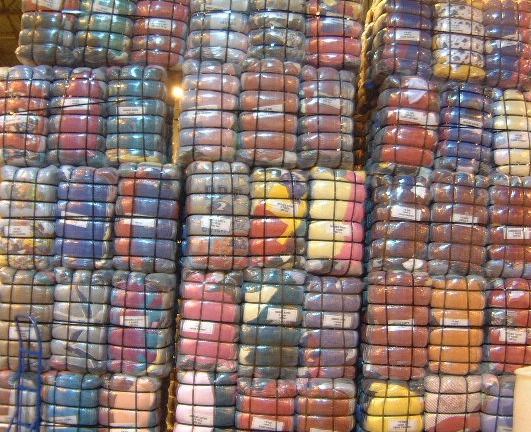A few nations worldwide have halted the import of secondhand clothing because of the fear that they might be contaminated with the coronavirus. The Bureau of International Recycling (BIR) and EuRIC contend this is ‘unlikely’ to be the situation.
‘While we completely comprehend that administrations need to ensure their laborers, for example, dockworkers, haulage organization laborers taking care of containers or laborers who manage the further preparing of secondhand textiles, it is unlikely that those laborers can get tainted by taking care of these materials and products because of the low ecological soundness of COVID-19 and the average journey time of ocean cargo from Europe to end showcases in Africa or Asia,’ the associations compose.
The average journey time frame is commonly any longer than the infection can get by outside the body, even on hard surfaces. The measure of time the virus can remain on surfaces contrasts per material, running from 3 hours for tissue and paper, 24 hours for cardboard; 2 days for wood and fabric; 2-3 days for treated steel; 3 days for plastic; 4 days for paper money and glass; and 7 days for surgical masks.
‘In light of the proof that is now accessible it is improbable for exported secondhand clothing to transmit COVID-19,’ it is contended. ‘In any case, as an additional insurance we suggest that each and every individual who buys secondhand clothing washes the article of clothing with cleanser and water before wearing it for the 1st time,’ the two associations state. ‘Safety measures for laborers, for example, social distancing relevant in the nation of goal will likewise be seen to restrict the danger of contamination between laborers.’

